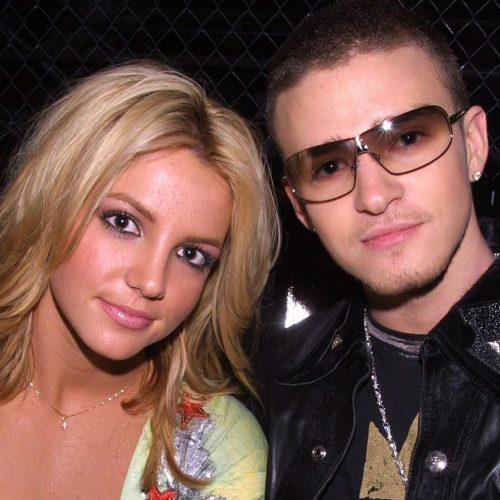In the past few weeks, a myriad of AI-generated songs made their way to the surface of the World Wide Web and immediately went viral across social media platforms in a matter of minutes after their release. Of the most popular ones to have generated a substantial amount of interest and traction was Heart on My Sleeve, a viral song that featured AI-generated voices mimicking Drake and The Weekend, as well as the slate of across-the-Atlantic-artists singing over a handful of regional classics, which include Kanye West harping a cover of Dystinct’s Ghazali, Michael Jackson and Ariana Grande on Cheb Khaled’s Abdelkader, and Young Thug’s AI-generated cover of Babylone’s chart-topping hit Zina.
While Young Thug singing in fluent darija may seem harmless and amusing for us listeners and members of the general audience, for others, namely industry-involved individuals and first-concerned artists, the experience of seeing what has made their craft so unique over the years loosely be replicated in a matter of minutes raises a number of red flags. With it being almost virtually impossible to verify any of the software-generated tracks, the issue now lies in the notions of consent, intellectual property, as well as how to ensure that these slew of AI-made songs remain a form of entertainment rather than a reliable source of profit for the select few manipulating streaming services by using artificial intelligence to create music. And it’s the latter that’ll be our point of focus today.
Last month, three Frank Ocean tracks were spontaneously posted on social platform Discord by a user who went by mourningassassin. Although it made many, including ourselves, overly enthusiastic at the idea of finally being able to plug ourselves back into some Channel Orange-esque beats, as things turned out, all three songs were AI-generated and not legitimate leaks as they were presented as by the user, who turned out to be a scammer.
According to the fraudster, only one song out of the three, namely These Days, was a real leak. He revealed that he posted the song to give himself some sort of credibility in order to convince fans that the rest of the tracks he had in store were authentic, although it wasn’t the case.
His elaborate scheme managed to work, as he secretly profited from them by putting them up for sale, making nearly $10,000 from selling the fake music.
Since then, users on Discord have been promptly notified about mourningassassin’s actions and appear to be exercising heightened vigilance against other potential scams. As everyone is on high alert, actively monitoring for any other dubious activities or deceptive schemes, the question on how to avoid this in the future still remains with no resolution in sight. And as AI is only getting better and exponentially faster by the day, the future of music and culture seems to be heading towards a grey area of creativity that has never been addressed before.









